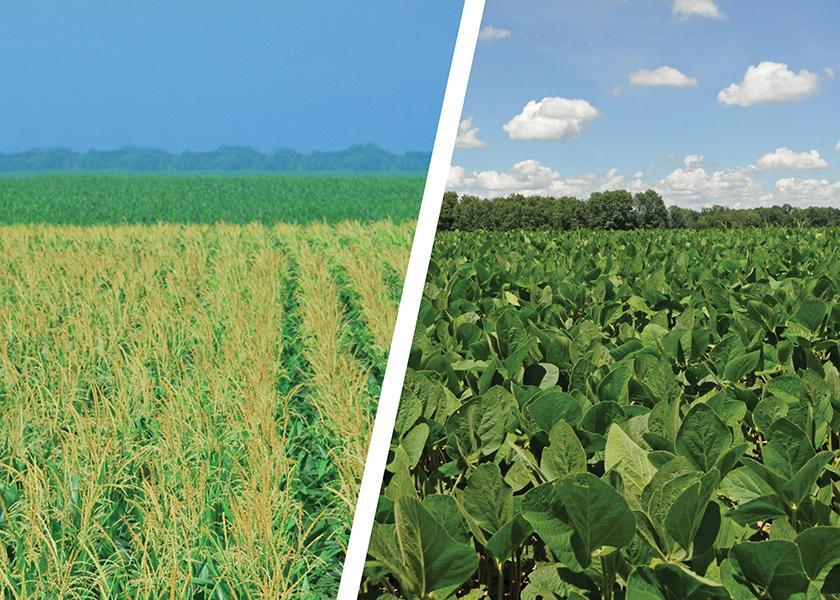New Carbon Market Initiative Announced by Corteva

Corteva Agriscience announced a new carbon market initiative on Thursday, targeted initially to row-crop farmers in Illinois, Indiana and Iowa, according to James C. Collins, Jr., Chief Executive Office for the company.
Collins says the program includes:
• Providing farmers with access to new markets through a simple, flexible way to sell carbon credits for a fair price on the farmer’s terms.
• Allowing farmers to typically earn an estimated $5 to $20 per acre per year by introducing cover crops and/or reducing tillage with the assistance of their Corteva advisor.
• Third-party verification by independent marketplace provider, Ecosystem Services Marketplace Consortium (ESMC), a non-profit consortium that works to compensate producers who improve the environment through their agricultural practices. Corteva is a member of the consortium.
• Offering flexibility for farmers to work with other carbon credit buyers in the future. After the initial period, farmers can continue with Corteva Agriscience or opt to sell new credits to their preferred buyer across the ESMC marketplace.
Collins says the initial offering will enable the carbon sequestration process, ease access to carbon credits and create flexible solutions to help farmers increase profitability while contributing to a climate change solution.
The company intends to expand to new geographies and crops for the 2022 growing season.
Additionally, Corteva has created the 2021 Climate Positive Leaders Program, which will recognize “early adopter” farmers and ranchers who have successfully implemented climate positive agriculture practices. These efforts support Corteva’s 2030 Sustainability Goals and are key components of the company’s Climate Positive Commitment.
“As a company committed to helping farmers drive their businesses forward and working to ensure global food security, we are focused on bringing advanced innovations to market that will help increase yield and profitability while also making measurable impact in reducing climate change,” Collins says, in a press release.
“Leveraging the full spectrum of our seed, crop protection, digital technology and agronomic expertise, the products and services we are developing in this portfolio reflect our ongoing progress in delivering on the ambitious goals we set to advance sustainable agriculture, for the benefit of customers, our company and our planet,” he adds.
Anne Alonzo, senior vice president, external affairs and chief sustainability officer, Corteva Agriscience, adds, “We recognize the urgency of addressing climate change to ensure farmers will be able to produce a healthy food supply for generations to come. There is increased understanding that sustainable climate change mitigation is not only critical for our environment but also for ensuring the ongoing health of the farming sector globally. Corteva Agriscience is dedicated to providing our customers with best-in-class solutions to address environmental issues while strengthening their businesses.”
Carbon and Ecosystems Services Portfolio
Corteva’s new Carbon and Ecosystem Services portfolio, part of Corteva’s Digital Business Platform, will provide farmers simple and clear access to incentives and initiatives related to sustainable and regenerative agriculture practices, company officials say.
Corteva’s integrated approach with agronomy support, digital solutions, carbon advisory services and access to carbon markets will help farmers make impactful and sustainable changes that return economic and environmental benefits. Dedicated Corteva carbon specialists will work with farmers and industry collaborators across the food and agriculture system to uncover carbon market opportunities. The initiative builds on Corteva’s strong history of putting farmers first, as illustrated by the company’s facilitation of the first modern carbon payout in 2019 to a farmer for adopting regenerative practices and capturing carbon credits.
Farmers interested in gaining access to new carbon market opportunities can learn more here.
7 Considerations Before You Sign On To A Carbon Market Agreement
Clarity On Carbon’s Potential: Compare Nine of the Leading Markets







